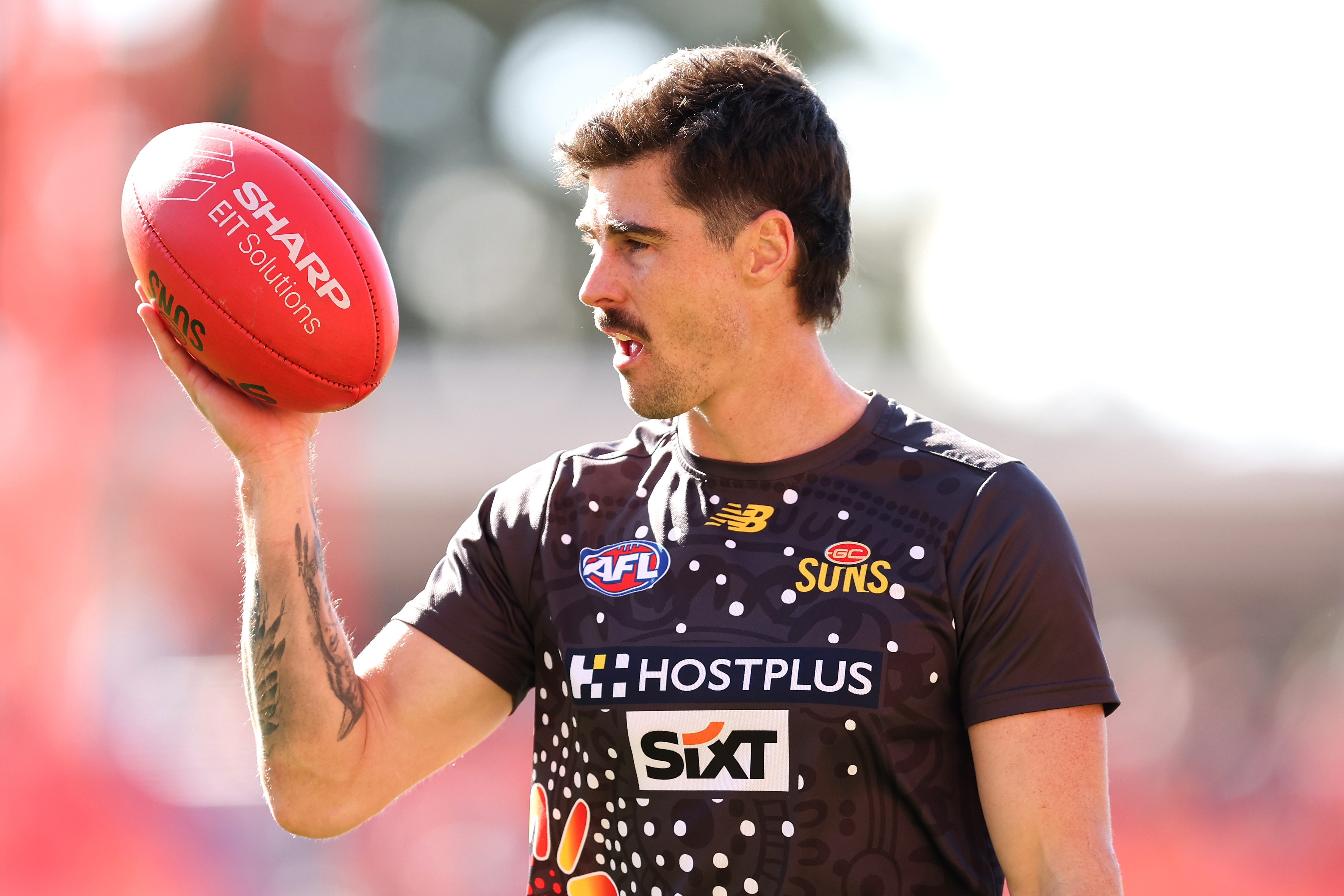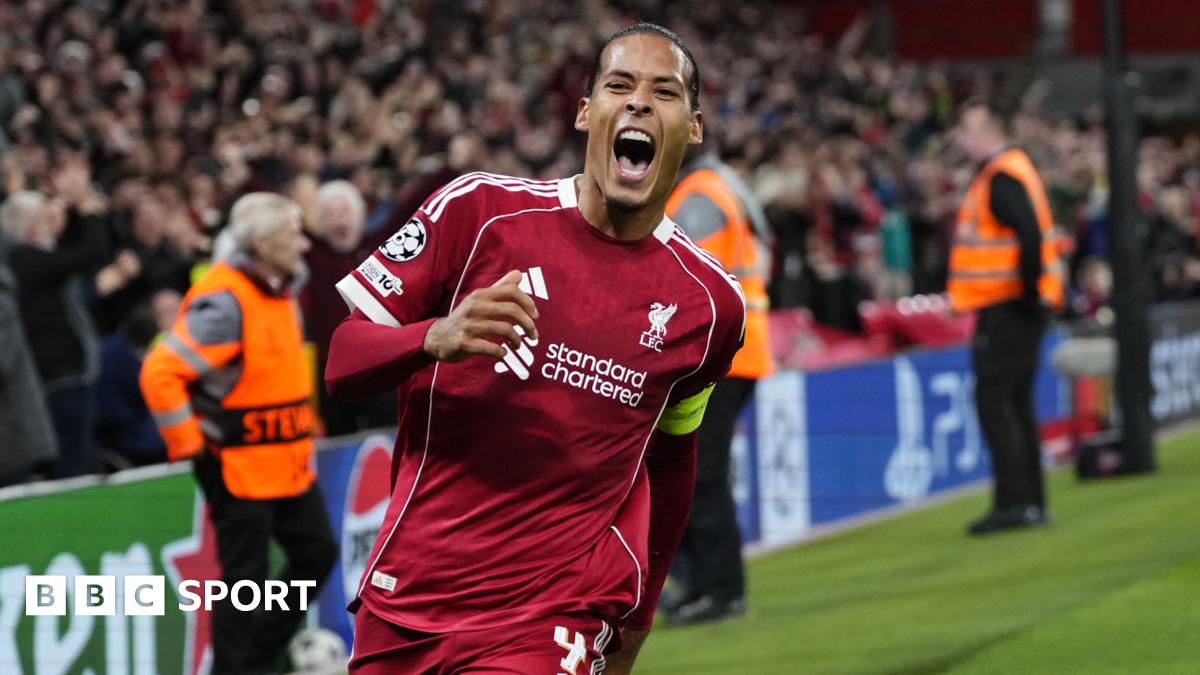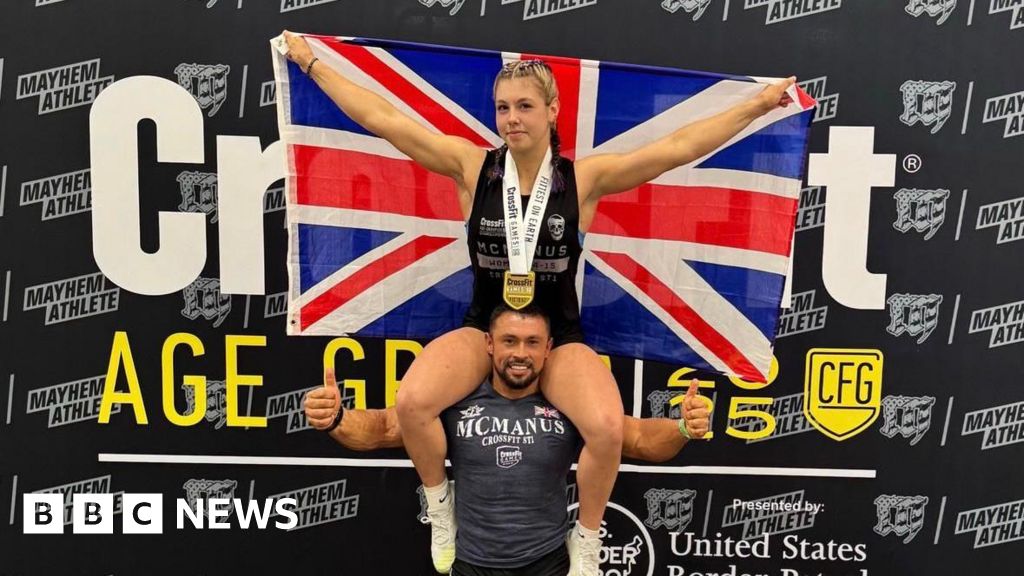Mourinho, Amorim and the wisdom of coaches willing to ‘die’ for an idea

Jose Mourinho was not mincing his words.“We’re in a generation where we see coaches trying to do things that just don’t work and they die,” he said. “But they say, ‘I died, but I died with my idea.’ My friend, if you died by your ideas, you are stupid.”Mourinho, who is discussing a return to management with Benfica, didn’t name names in that mid-summer interview with the Portuguese Football Federation’s Canal 11 subscription TV service. For once, he didn’t seem to be settling old scores. It was a scathing assessment of a culture in which he believes ideas and public perception have become more important than results.It called to mind another Mourinho line from after he led Manchester United to a laboured 2-0 win against Ajax in the 2016-17 Europa League final. “There are lots of poets in football,” the former Porto, Chelsea, Inter and Real Madrid (among others) manager said when asked about the manner of that victory. “But poets, they don’t win many titles.”In Mourinho’s eyes, there is a clear divide in modern football between the pragmatists and the poets, between the winners and the dreamers, between those who would die for a trophy and those who give the impression they would die for an idea.You don’t have to look far to see examples of what Mourinho is talking about:Ruben Amorim when asked last Sunday about his adherence to a system that has earned Manchester United just eight wins in his first 31 Premier League matches in charge: “I’m not going to change my philosophy. When I want to change my philosophy, I will change. If not, you have to change the man.”Ange Postecoglou during a wretched run of results at Tottenham Hotspur last season: “If people want me to change my approach, it is not going to change.”Russell Martin as an up-and-coming coach at MK Dons, talking about his unswerving devotion to a playing style that is yet to yield a single Scottish Premiership victory with current employers Rangers five matches into their season: “If it doesn’t work and I get sacked, at least I get sacked doing something I believe in.”Andrea Pirlo, reflecting on his brief, unhappy spell in charge of Juventus: “Of course there might be times when you have 90 per cent of the ball and let in the only shot your opponent has on target, but I prefer to lose that way than spend the entire game defending my own penalty area, trying to score a goal on the counter-attack.”All of these statements could be said to meet Mourinho’s definition of stupidity. But the coaches in question are far from stupid.Amorim got the United job on the basis of an outstanding 2023-24 Portuguese league title success with Sporting CP; Postecoglou has won trophies — and praise — throughout a career that has taken him from Australia to England via Greece, Japan and Scotland; Martin is renowned as one of the brightest young English coaches, having built on impressive early spells with Milton Keynes and Swansea City by leading Southampton to Premier League promotion; Pirlo was one of the most intelligent footballers of his or any other generation, one who achieved his UEFA Pro Licence coaching certificate with a near-perfect score of 107 out of 110 in the final exam.So, no, these guys — all eloquent in different ways — are definitely not stupid. But there are points in every manager’s career when an unwillingness to adapt, in the face of unexpected and unfavourable circumstances, can appear incredibly self-defeating. Pep Guardiola insisted during a traumatic period at Manchester City last season that he would never change his approach, but there have been some significant tweaks to his playing style over the past 12 months, even if the fundamental principles remain.It is difficult to change, though, when modern football culture glorifies the idea above almost everything else.On the one hand, it is a results business, in which, crazily, only 22 of the current 96 managers/head coaches in Europe’s ‘Big Five’ leagues (seven each in England and France, five in Spain, three in Germany, none in Italy) have been in situ for more than two years. On the other hand, this is an era when these men are encouraged to build their career around an idea or — to use that absurdly grandiose term — a philosophy. Dogma reigns. Although in practice, it rarely reigns for long.That said, pragmatism doesn’t tend to last for long either. Mourinho can be as disparaging as he likes about those coaches he says would die for an idea, but in the nine years since his “poets” speech, he has been fired four times and won just one trophy (the third-tier UEFA Conference League, with Roma in 2022).A look at his league placings over the past decade — sacked by Chelsea when in 16th place, finishing sixth and second with Manchester United before being fired when sixth, coming sixth again with Tottenham before being axed when in seventh position, sixth twice more with Roma then ditched with his team ninth, second with Fenerbahce before another sacking two games into this domestic campaign — is no great validation of his willingness to adapt to changing times. Even those two runners-up spots, with United in 2017-18 and Fenerbahce last season, came at deficits of 19 and 11 points respectively.But a poet, a dreamer or a self-styled philosopher will always attract more suspicion than a pragmatist, particularly in British football culture. When Guardiola arrived at City in summer 2016 after all-conquering spells at Barcelona and Bayern Munich, there were sections of the punditocracy that insisted he was about to be found out — or at least was going to have to make big changes to adapt to the Premier League, rather than, as has transpired, proving so successful and so influential that the whole English game has been shaped towards his vision.Guardiola’s influence can be seen right down the football pyramid in England these days, at every age group, where playing out from the back is no longer seen as a fad or a dangerous affectation but as a necessity. The Athletic’s Daniel Taylor wrote in 2022 about the number of lower-division and non-League teams who were avowedly following the Guardiola way at that time: MK Dons and Swansea under Martin; Barrow and Bolton Wanderers under Ian Evatt; Dorking Wanderers under their founder-owner-chairman-coach Marc White; Gateshead under former Newcastle United defender Mike Williamson.In his office at previous club Southampton’s training ground, Martin had a Guardiola quote framed: “When we win, the game model seems good and is not questioned. But bear in mind, we won’t always win. Then, doubts will come. That is the moment when we will have to trust the model more than ever because the temptation to move away from it will be very strong.”Martin’s game model helped a young Southampton team win promotion to the Premier League in 2024. The problem came when, sticking to the same possession-based principles in the top flight last season, they were punished so often by opponents who were more adept at winning the ball back and more clinical when it came to taking chances.When Martin was dismissed last December, with Southampton having taken just five points from the season’s first 16 games, they had already, by Opta’s definition, conceded 10 goals as a direct result of errors, far more than any other team in the division. Even watching as a neutral, the number of chances they gifted opponents in that way was maddening.But with what was arguably the weakest squad in the Premier League and with reputational credit in the bank after winning promotion, Martin could make a persuasive argument that it was still Southampton’s best hope of getting results; his short-lived successor Ivan Juric did not fare any better with a more pragmatic approach before he too was fired in April.Martin and others could equally point to Luis Enrique’s success at Paris Saint-Germain with an approach which, if anything, is more fundamentalist than Guardiola’s. His tenure as coach of the Spanish national team ended in ignominy when they were knocked out of the 2022 World Cup by Morocco, having completed 988 passes but managed just one shot on target in 120 minutes of their last-16 tie before losing on penalties. His commitment to an extreme form of possession-based football was then questioned throughout a challenging first 18 months at PSG, but it reaped spectacular dividends in the final months of last season.Amorim is a different case. His game model, to use Guardiola’s term, could hardly be classed as extreme or idealistic. He is not what Mourinho would disdainfully call a “poet”. As poor and deeply underwhelming as his United team are, they are not characterised by a fatal flaw that opponents exploit the way they did with Martin’s Southampton (repeatedly trying to play their way into trouble at the back) or Postecoglou’s Spurs (a dangerously high defensive line).In fact, there is little about United’s football under Amorim that screams of a philosophy. It is a specific way of playing, certainly, but what he terms a “philosophy” would better be described as a system or a shape. Whether you prefer to call it 3-4-3 or 3-4-2-1, it proved spectacularly successful for him in Lisbon with Sporting, but has so far brought terrible results in Manchester.Amorim was telling sceptical reporters as far back as last December, just seven weeks into the United job, that he “cannot change my idea”, that he was “here because of my idea” and that he would “continue to do my idea” because “I don’t have another one”. In the nine months since, his idea has yielded just six Premier League victories. Three of those were against teams who have since been relegated (Southampton, Ipswich Town and Leicester City) and the latest was against newly-promoted Burnley.There is nothing new about playing three at the back. It came and went in waves in the 1980s and 1990s, and Chelsea won the Premier League playing that way under Antonio Conte in 2016-17. It has worked extremely well for Crystal Palace in the past year or so under Oliver Glasner. That said, it is symptomatic of English football’s enduring love of orthodoxy that nobody would be screaming for Amorim to change formation if he were getting these same results while fielding a back four.What has been extreme in Amorim’s case is his rigidity. According to Opta data, United have made just seven in-game formation changes in 42 Premier League matches since the start of last season (so the figure counts the final weeks of the Erik ten Hag era) — and that includes two separate changes while chasing equalising goals against both Bournemouth (successfully) and West Ham United (unsuccessfully). That is by far the lowest total among the 17 teams who have been in the top flight over that entire period, which is all the more odd when you consider how often they have been trailing during the closing stages of those games.The notion that three at the back is the best option for this United squad, particularly now that it has partially been revamped to Amorim’s design, is entirely reasonable.A personal view is that, for all the criticism after a 3-0 Manchester defeat at City last Sunday, the system itself worked fine for long periods. If you wanted to highlight the inadequacies of the system, as opposed to the players within it, there have been many better illustrations over the past 10 months than that game.But the idea that three at the back is the best option for every minute of every game — when their two players in midfield are being outnumbered or overrun, when they are so often trailing in the closing stages of a match and when there is a frequent need for far greater wit and incisiveness in wide areas than any of Amorim’s wing-backs are capable of — is just bewildering. Never mind stubbornness; for a coach to say he “cannot change my idea” because “I don’t have another one” suggests an alarmingly narrow outlook.The modern Premier League demands flexibility — if not between systems, then certainly within them. There was a time when Guardiola’s influence meant possession was cherished to an unprecedented degree, but the past couple of years — as the City manager has noted with reference to Bournemouth and Brighton & Hove Albion, in particular — have brought an increased emphasis on transition play and counter-attacking. Last season saw far more shots and far more goals from fast breaks than in any previous campaign of the 33-year Premier League era. Sooner rather than later, that will result in an increased commitment to trying to prevent such attacks.That is the fast-changing landscape in which Postecoglou’s defensive line at Tottenham went from a source of strength and counter-pressing possibilities when he first arrived in summer 2023 to a glaring weakness in his second and final season as they were repeatedly picked off on the counter-attack. It is the landscape in which opponents suddenly found ways to expose City’s fragilities in transition during that same campaign. It is not, as it once was, a league for a one-size-fits-all approach.Guardiola’s fundamental values will not change, but within his belief system there is a willingness to question anything and everything if it helps him to get results. Even Postecoglou, who bristled at any inference in post-match interviews that he might consider altering his approach, ended up guiding Spurs to the Europa League title in May by switching to the type of low-risk, no-frills approach that would have Mourinho pointing to a victory for pragmatism over poetry.Every coach should have a vision of how they want their team to play. But that is all it is: a vision. Within that, there has to be a willingness to adapt — and that also applies to some of those self-styled pragmatists such as Mourinho who, in changing times, have proved too inflexible by half.Ultimately, football management is about survival. Coaches settle on a particular playing style because they feel it offers their best hope of surviving and thriving in an industry where you are only ever a few bad results from a crisis.A willingness to die for an idea, as Mourinho witheringly put it, should arguably be seen as a sign of strength. But within that idea, there has to be a willingness to be flexible.Three at the back would be a strange hill for any coach to die on.(Top photos: Getty Images; design: Eamonn Dalton)








